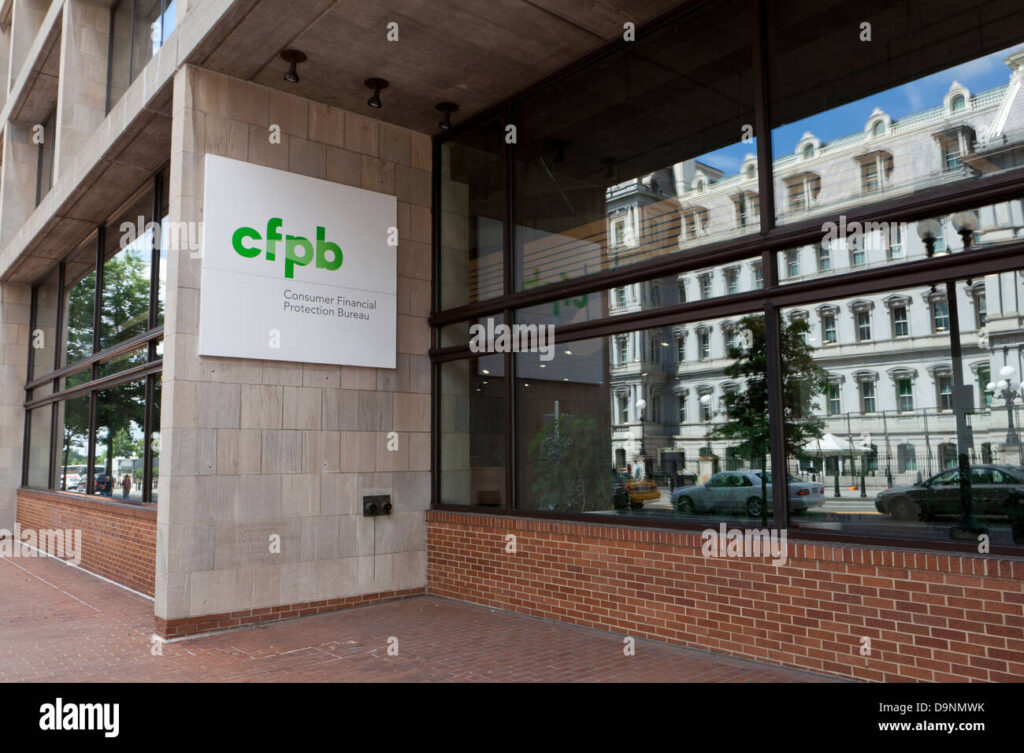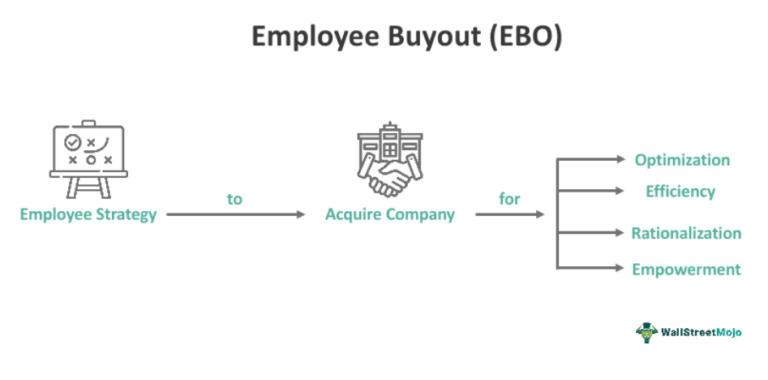
Audience
- Sentiment: concerned
- Political Group: Democrats
- Age Group: 18-34
- Gender: All genders
Overview
- Russell Vought has been appointed as the acting director of the CFPB, stirring mixed reactions.
- There is significant controversy surrounding a freeze on operations at the CFPB, raising concerns about consumer protections.
- Lawmakers from both parties express worry that changes at the CFPB could lead to a rollback of important consumer rights.
A Changing of the Guard: What’s Happening at the CFPB?
In the ever-evolving landscape of American government and finance, there’s been some significant news that you might have heard about recently. Russell Vought, a name that might not have been on your radar until now, has been appointed as the acting director of the Consumer Financial Protection Bureau (CFPB). This move is stirring up a lot of conversations—both good and bad. In the next few minutes, we’ll break down what this means, why it matters, and who’s concerned about these changes.
Let’s start by understanding who Russell Vought is and what the CFPB does. The CFPB was created back in 2010 after the financial crisis to protect consumers from unfair, deceptive, or abusive practices in financial products and services. It was set up to make sure that everyone—from college students to retirees—has fair access to financial tools, like loans, credit cards, and mortgages. If you’ve ever wondered about your rights regarding student loans or how credit scores work, you’ve likely benefited from the protections put in place by the CFPB.
Now, about Russell Vought—he was previously confirmed to lead the Office of Management and Budget (OMB), a powerful position that oversees the federal budget. His appointment to the CFPB as acting director seems to be part of a broader strategy by the current administration. You may wonder why he’s the right person for this job. Some believe that his experience in budget management could potentially give the CFPB a more streamlined approach to its operations. However, this transition hasn’t been without controversy.
Back in October 2023, there were some surprising and concerning developments. The Department of Government Efficiency (commonly referred to as DOGE, a cheeky nod to the popular cryptocurrency) had some officials who seemed to be trying to shake things up. They deleted the CFPB’s account on X (the platform formerly known as Twitter) and reportedly managed to gain administrative access to some of the agency’s internal systems. That’s not just cutting red tape; it feels a bit like raiding the pantry when the cook isn’t looking!
What makes this situation even more complicated is the involvement of Treasury Secretary Scott Bessent. He recently imposed a freeze on nearly all operations at the CFPB. Imagine being at a party where the music stops abruptly, and everyone is left standing around, unsure of what to do next. That’s the kind of feeling it gives the CFPB staff as they try to navigate this sudden halt. Lawmakers from both parties—like Rep. Maxine Waters and Sen. Elizabeth Warren—are sounding the alarm about these changes. They’re voicing serious concerns that this freeze undermines consumer protection.
So, why are we, as individuals and consumers, even paying attention to this situation? For starters, the CFPB plays a crucial role in safeguarding the money we earn and spend every day. Everything from our credit scores, mortgage rates, to student loans can be affected by policies and decisions made at the CFPB. The fact that its homepage is currently showing a “404 page not found” message is more than just a technical glitch; it symbolizes a breakdown of communication and trust at a time when financial clarity is most needed.
When you look a little closer, it raises a significant question about what this all means for consumers. Are our financial rights at risk? Should we be worried about who’s making decisions regarding our financial future? If you’re someone who is currently dealing with a student loan or a credit card debt, you probably do have a few thoughts about this.
The CFPB has historically been seen as a watchdog agency, standing between consumers and predatory lenders. It’s worked hard to enforce laws that make it harder for companies to trick consumers into bad deals. If there’s a pause in its operations or a drastic change in leadership, what might happen to those protections? Lawmakers worry that without active oversight, it may become easier for companies to exploit consumers, possibly leading to issues like unfair fees, hidden loan terms, or deceptive marketing tactics.
At the core of the criticisms against the current situation is the fear that consumers may soon find themselves navigating a more perilous financial landscape. Imagine walking through a dark alley in your city; you wouldn’t feel safe without a flashlight guiding your way. That’s what the CFPB has provided for many people when it comes to financial literacy and protection.
Some experts fear that this freeze and potential changes to the CFPB may lead to a significant rollback of consumer protections. It’s not just about individuals who may currently be dealing with financial issues; it’s about how every consumer—young or old—will be affected in the long term.
It’s essential for young people, particularly high school students like yourselves, to understand how these developments could impact your future financial decisions. For instance, if you plan on taking out student loans after graduation, the regulations surrounding those loans will be influenced by policies set forth by the CFPB. Understanding your rights, responsibilities, and the protections you have can empower you as you take your next steps into adulthood.
So, what can we do? One way to stay informed is to keep an eye on news regarding the CFPB and the discussions happening in Congress. Another thing is to engage in conversations about personal finance with your family or friends. This not only broadens your understanding but also helps you make more informed decisions in the future. In a world where financial literacy is more vital than ever, being proactive can be one of the best ways to prepare for what lies ahead.
In closing, it’s important to remember that changes in leadership at government organizations like the CFPB can have far-reaching implications for all of us. With Russell Vought stepping into a significant role and some officials seemingly pushing for a rollback of regulations, the future of consumer protection hangs in the balance.
Seeing this situation unfold raises so many questions about our rights and protections as consumers. How do you feel about the recent events involving the CFPB? Are you concerned about how it might impact your future? I’d love to hear your thoughts! Please share your comments below!





